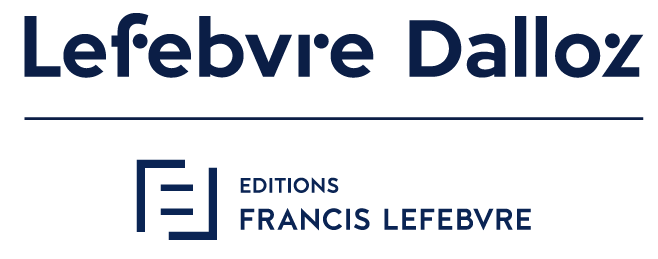Despite the heavy public pressure on governments to move quickly on taxing companies operating in the digital economy, it’s imperative for countries to work together and avoid taking unilateral measures, according to the OECD’s top official.
In a speech to G-20 finance ministers and central bank governors on the sidelines of the IMF and World Bank annual meetings in Washington, OECD Secretary-General Angel Gurría noted the progress countries are making in implementing the outcomes of the joint G-20 and OECD base erosion and profit-shifting project. Businesses are changing their tax planning strategies in response, and the destination principle for VAT on cross-border e-services has become a “game changer,” he said.
However, Gurría reminded the group that there was no consensus reached on how to address the tax challenges of the digital economy in the action 1 report of the BEPS project, and that more work needs to be done.
“There is now a very high public pressure on governments to act and calls to move quickly to ensure that there is fair taxation of digitalized businesses,” he said, adding that the risk of unilateral measures is on the rise, along with the potential for negative spillover effects.
“Unilateral measures would undermine the collective efforts undertaken, as well as the results achieved so far . . . in the G-20,” Gurría continued. “To make progress, we must continue to work together, to move collectively.”
He urged the G-20 to take advantage of the Task Force on the Digital Economy in the inclusive framework on BEPS, and examine the central question of what it means to create value when a business has both a significant commercial presence and a digital footprint but has little or no physical presence in a given jurisdiction.
Finding an answer requires finance ministers to examine new business models and value chains that arise from digitalization, and to identify principles that would be the foundations for a new international tax framework, if governments were to create one, according to Gurría. “Many of the concepts we rely on today, such as the ‘permanent establishment,’ are still tied to a world, long past, of purely bricks-and-mortar businesses,” Gurría said, emphasizing the need for a sustainable, long-term option that doesn’t discriminate against or ring-fence the digital economy.
However, he acknowledged the short-term pressure on governments, saying stopgap measures could be explored as well. “By working together on their design, we will minimize negative spillovers,” Gurría said, pointing to the BEPS project as a prime example of successful G-20 cooperation. “We need to maintain this momentum for international tax cooperation, and call on you to affirm your support for this roadmap towards a consensus-based approach to the taxation of a digitalized economy.”
Gurría also noted the upcoming public consultation at the University of California, Berkeley, on the tax challenges of a digitalized economy on November 1, which will inform the OECD’s forthcoming interim report on the issue, to be presented to G-20 finance ministers in April 2018.
Gurría’s speech came a day after IMF Managing Director Christine Lagarde cautioned countries to not only cooperate and align with each other on a common approach to the issue, but also to include internet giants in the discussion. Her warning came in response to French Finance Minister Bruno Le Maire’s comments about the French-led push in the EU for an equalization tax on the turnover of large internet companies, one of the stopgap options that the European Commission is examining further.
By Stephanie SOONG JOHNSTON
Cette information est extraite de notre service d'actualité taxnotes






